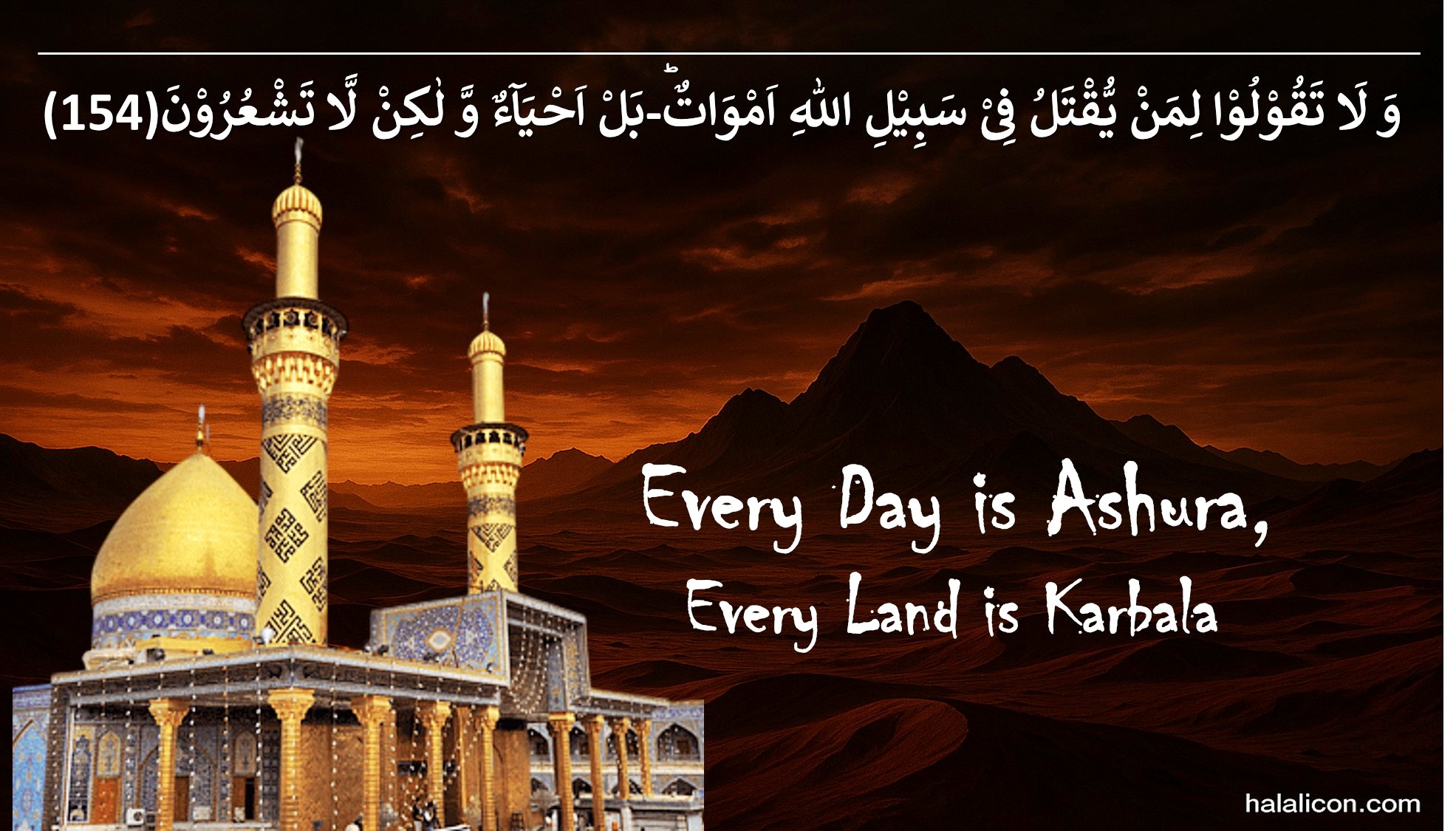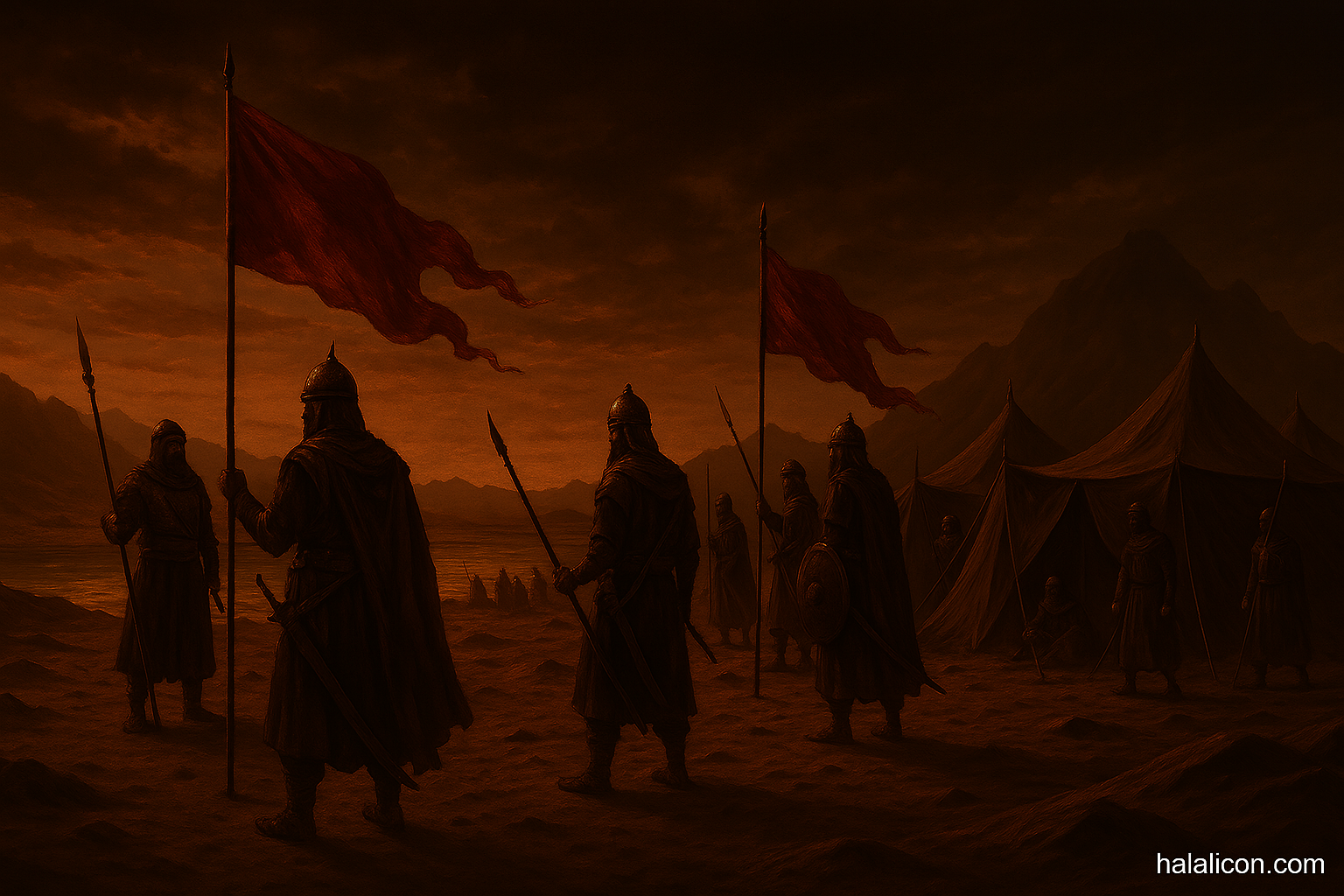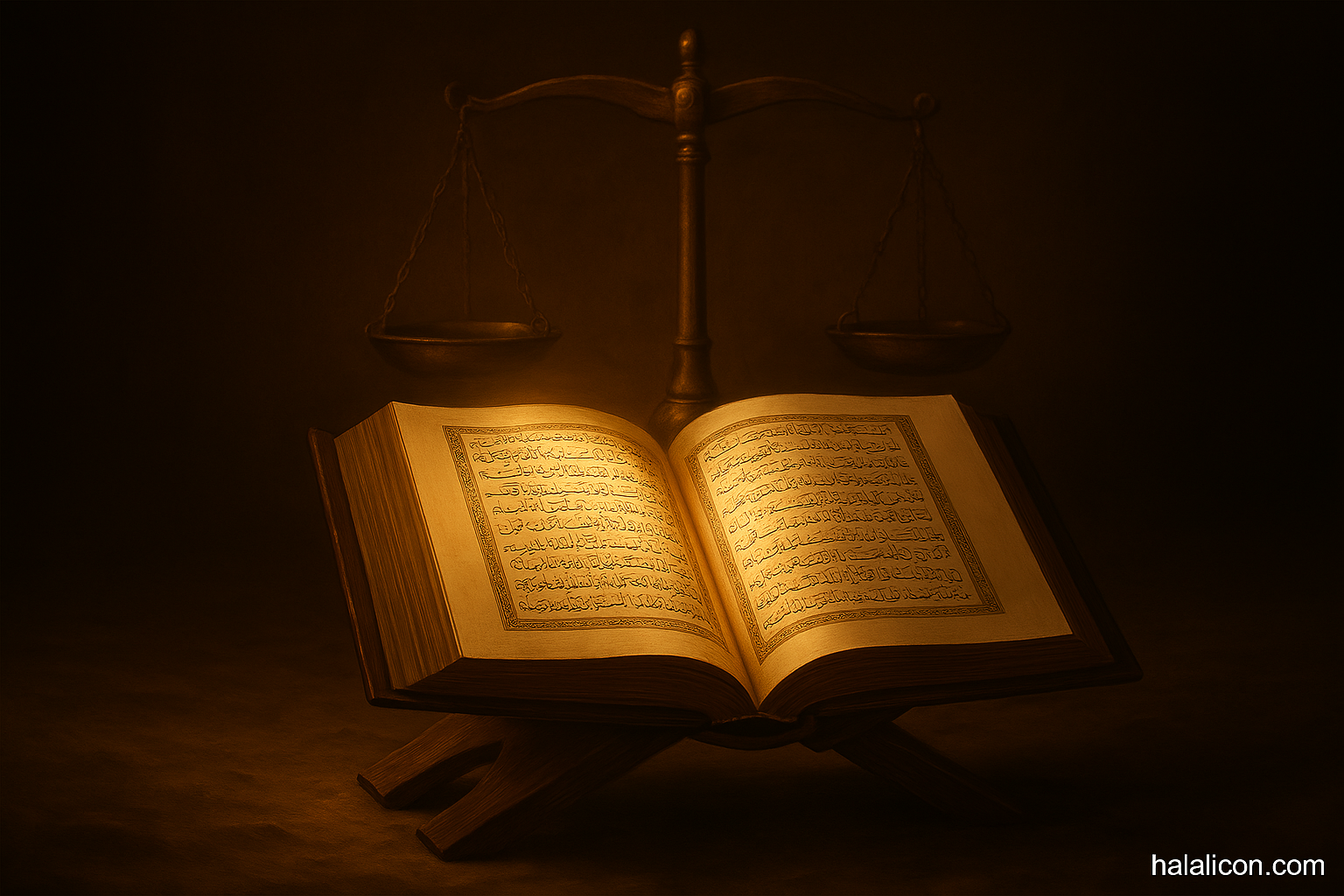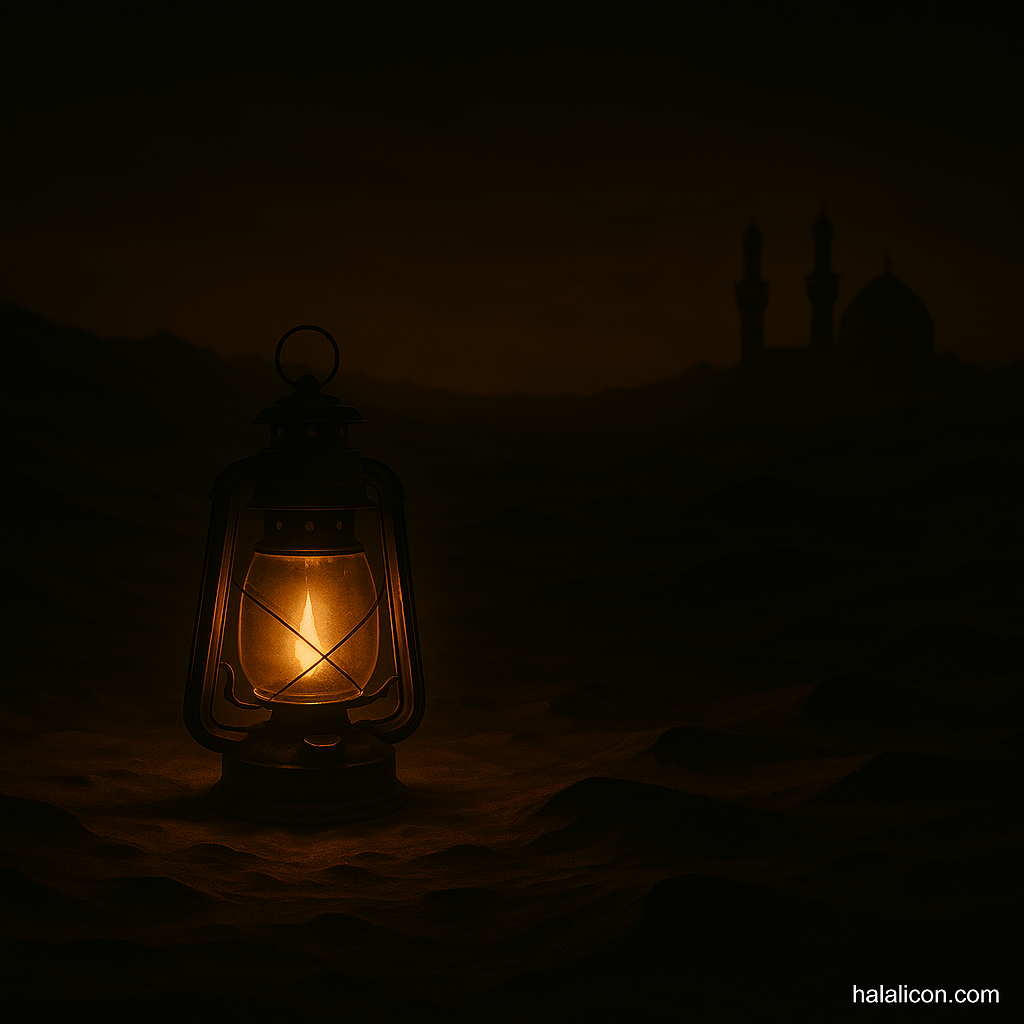Introduction to the Legacy of Karbala
The Eternal Relevance of a Timeless Phrase
“Every day is Ashura and every land is Karbala.”
This isn’t just a poetic slogan — it’s a spiritual compass. It reminds Muslims that the stand for justice is not bound by date or geography. It’s a call to resist tyranny, injustice, and silence.

The Battle That Shaped Islamic Identity
The Battle of Karbala is etched into the soul of Islam. It was more than just a historical confrontation — it was a moral revolution, led by none other than Imam Hussein ibn Ali (RA), the beloved grandson of Prophet Muhammad ﷺ.
Historical Context of Karbala
The Stand of Imam Hussein ibn Ali (RA)
When Yazid I demanded allegiance from Imam Hussein (RA), he refused. Why? Because Yazid represented tyranny, injustice, and the corruption of Islamic values.
The Day of Ashura: 10th Muharram, 680 AD
On the scorching plains of Karbala, Iraq, Imam Hussein and about 72 followers were trapped, denied water, and faced off against an army of thousands.

Yazid’s Tyranny and the Siege of the Camp
The siege lasted days. Thirsty children cried. Mothers prayed. But no one broke. Imam Hussein stood like a mountain of dignity in a sea of oppression.
The Martyrdom That Echoes Through Time
The Final Moments of Imam Hussein (RA)
Imam Hussein (RA) fell in sajdah (prostration) — praying, not pleading — when he was brutally martyred. The last man standing, choosing faith over fear.
The Message Behind the Sacrifice
“He didn’t die for power”. He died for principle. He died for us to never bow to injustice — to live and die Hussaini.ؔ
Qur’anic Commandments on Justice
Surah Al-Ma’idah: Standing Firm for Allah ﷻ
يَا أَيُّهَا الَّذِينَ آمَنُوا كُونُوا قَوَّامِينَ لِلَّهِ شُهَدَاءَ بِالْقِسْطِ
“O you who believe! Stand out firmly for Allah, as witnesses to fair dealing…”
(Surah al-Ma’idah 5:8)
Surah Al-Nisa: Justice Over Family and Desires
يَا أَيُّهَا الَّذِينَ آمَنُوا كُونُوا قَوَّامِينَ بِالْقِسْطِ شُهَدَاءَ لِلَّهِ…
“Stand firm for justice… even if it is against yourselves or your relatives.”
(Surah al-Nisa 4:135)
Prophetic Hadiths on Resisting Injustice
Change Evil with Hand, Tongue, or Heart
“من رأى منكم منكراً فليغيره بيده…”
“Whoever among you sees evil, let him change it with his hand…”
(Ṣaḥīḥ Muslim: 49)
Speaking Truth to a Tyrant
“أفضل الجهاد كلمة عدل عند سلطان جائر”
“The best jihad is to speak the truth before a tyrannical ruler.”
(Jamiʿ al-Tirmidhi: 2174)
Warning Against Hypocrisy
The Prophet ﷺ said those who appear pious but act unjustly are “bankrupt” (al-muflis).
(Ṣaḥīḥ Muslim: 2581)
Reviving the Spirit of Karbala in Modern Times
Modern-Day Yazids: From Imperialism to Islamophobia
From Palestine to Kashmir, from Sudan to Xinjiang — tyranny wears many uniforms today. Whether it’s apartheid regimes or silent genocides, the battle of Karbala lives on.
Internal Oppression in Muslim Communities
“When girls are banned from education, minorities are persecuted, or voices of dissent are silenced — especially under the banner of Islam — it deeply wounds the unity of the Muslim Ummah. These acts of injustice, falsely carried out in the name of religion, contradict the true Islamic principles of justice, compassion, and equality.”

Climate Crisis as a Moral Injustice
Islam teaches us to be stewards of the Earth. Pollution, exploitation, and greed are all modern forms of oppression we must confront.
Action Plan for the Ummah
Educate Yourself and Others
Knowledge is the first sword in this battle. Read. Listen. Question. Unlearn.
Support Humanitarian and Grassroots Initiatives
Stand with organizations like Who is Hussain, Muslim Hands, and Islamic Relief. Give time, money, skills — whatever you can.
Ethical Living and Consumption
Stop supporting exploitative companies. Shop ethically. Research. Think before you buy.
Self-Reflection and Accountability
Challenge your own biases. Are you sexist? Racist? Classist? Reflect, repent, and reform.
Karbala as a Beacon of Hope
Resistance in the Face of Hopelessness
Imam Hussein (RA) was outnumbered — yet, he stood tall. Our size doesn’t matter. Our stance does.
The Ultimate Triumph of Faith
True success isn’t in victory. It’s in righteousness. Karbala proved that.

Qur’anic Assurance of Divine Justice
“وَلَن يَجْعَلَ اللَّهُ لِلْكَافِرِينَ عَلَى الْمُؤْمِنِينَ سَبِيلًا”
“And Allah will by no means give the disbelievers a way against the believers.”
(Surah al-Nisa 4:141)
Last Words: Becoming a Hussaini in Today’s World
You don’t have to wear armor to be a warrior. You just have to take a stand.
Karbala is not just history. It’s a lens through which we must view our actions, choices, and silence. Imam Hussein (RA) showed us that justice is sacred, even if it costs everything. In our time — when injustice is global, silence is not neutral, and oppression comes in many forms — being Hussaini means being awake, aware, and active.
❓FAQs
1. What does “Every Day is Ashura and Every Land is Karbala” mean?
It symbolizes the eternal struggle between right and wrong. It reminds us that injustice can happen anytime, anywhere — and we must always be ready to resist.
2. Why is the Battle of Karbala so important in Islam?
Because it wasn’t a war for land or power, but for principles. Imam Hussein (RA) sacrificed everything for justice and truth.
3. How can Muslims embody Imam Hussein’s teachings today?
By standing against injustice, speaking truth, and living a life rooted in righteousness and resistance against tyranny.
4. What social justice causes align with Islamic values?
Causes like anti-racism, gender equality, climate justice, and support for the oppressed align deeply with Islamic teachings.
5. How is Karbala relevant to non-Muslims?
Karbala’s message is universal — it teaches us that standing for truth against overwhelming odds is a timeless human value.